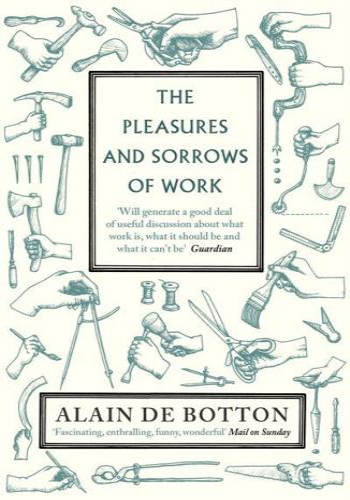From one of our greatest voices in modern philosophy, author of The Course of Love, The Consolations of Philosophy, Religion for Atheists and The School of Life - a lucid exploration of the state in which most of us spend most of our lives
'De Botton's wit and powers of ironic observation are on display throughout what is a stylish and original book. The workplace brings out the best in his writing' Sunday Times
'Timely, wonderfully readable. De Botton has pretty much got to the bottom of the subject' Spectator
'Terribly funny, touches us all' Daily Mail
'Brilliant, enormously engaging' Guardian
Why do so many of us love or hate our work? How has it come to dominate our lives? And what should we do about it?
Work makes us. Without it we are at a loss; in work we hope to have a measure of control over our lives. Yet for many of us, work is a straitjacket from which we cannot free ourselves.
Criss-crossing the world to visit workplaces and workers both ordinary and extraordinary, and drawing on the wit and wisdom of great artists, writers and thinkers, Alain de Botton here explores our love-hate relationship with our jobs. He poses and answers little and big questions: from what should I do with my life? to what will I have achieved when I retire?
The Pleasure and Sorrows of Work explains why it is we do what we do all day, and applies sympathy, humour and insight to helping us make the most of it.







